Oral
Riding the Frontier of MRI Reconstruction
ISMRM & ISMRT Annual Meeting & Exhibition • 10-15 May 2025 • Honolulu, Hawai'i

| 08:15 |
Introduction |
|
| 08:27 |
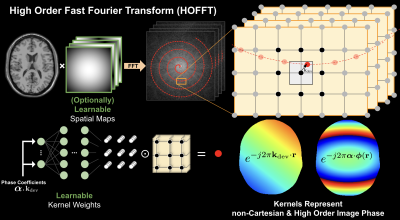 |
0383. MRI
Reconstruction with Learnable High Order Fast Fourier Transform
(HOFFT) Kernels
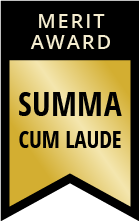
D. Abraham, M. Nishimura, Z. Shah, J. Pauly, K.
Setsompop
Stanford University, Stanford, United States
Impact: Our method will help reduce the computational
burden of high order phase correction in MRI. This opens the
door to rapid 3D encoding schemes such as cones, MRF, and
time-resolved imaging, potentially turning previously
intractable problems to feasible ones.
|
| 08:39 |
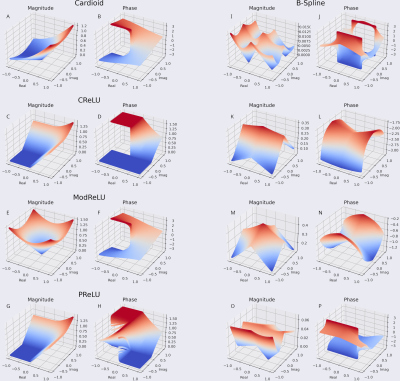 |
0384. Smooth
operators: exploring B-splines as learnable non-linear
activation functions for complex-valued MRI reconstruction
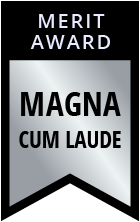
M. Terpstra, C. A. van den Berg
UMC Utrecht, Utrecht, Netherlands
Impact: Spline-based complex-valued neural networks
might improve image quality and enable further acceleration
of MRI acquisitions. These results can better help to
diagnose patients based on MRI exams while improving patient
comfort by reducing the MRI acquisition time.
|
| 08:51 |
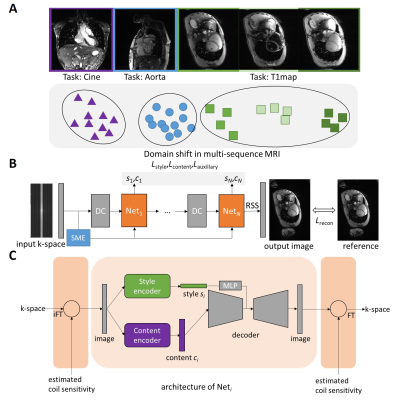 |
0385. Robust
Multi-Contrast MR Reconstruction Based on Disentangled
Representation Learning-Embedded Deep Unrolling

Z. Xue, C. Hu
National Engineering Research Center of Advanced Magnetic Resonance Technologies for Diagnosis and Therapy, School of Biomedical Engineering, Shanghai Jiao Tong University, Shanghai, China
Impact: This DRL-assisted reconstruction approach has
the potential to serve as a universal model for
multi-contrast MR data.
|
| 09:03 |
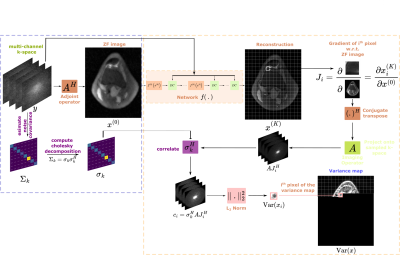 |
0386. Noise
Analysis in Physics-based Deep Unrolled Network Reconstructions

O. Dalmaz, A. Desai, A. Chaudhari, B. Hargreaves
Stanford University, Stanford, United States
Impact: A practical tool facilitates noise analysis in
physics-based deep learning reconstructions, so that image
SNR can be assessed more objectively between reconstructions
and patient scans. This would encourage researchers to
develop more robust and trustworthy algorithms.
|
| 09:15 |
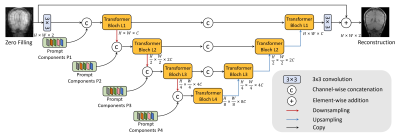 |
0387. Self-Consistency-Driven
Test-Time Prompt Tuning for All-in-One MR Reconstruction Model
Z-X Cui, T. Xie, X. Wang, W. He, C. Liu, Q. Zhu, Y. Liu, J.
Cheng, Y. Zhou, D. Liang
Shenzhen Institutes of Advanced Technology, Chinese Academy of Sciences, Shenzhen, China
Impact: This model can adapt to all MRI scenarios,
facilitating simplified installation and maintenance.
|
| 09:27 |
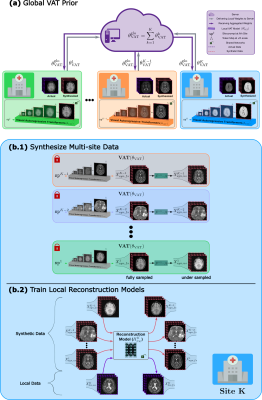 |
0388. Federated
Visual Autoregressive Transformers for Collaborative Model
Training in MRI Reconstruction

V. Nezhad, G. Elmas, T. Cukur
Bilkent University, Ankara, Turkey
Impact: High-fidelity image generation achieved by
FedVAT enables imaging sites to collaboratively train MRI
reconstruction models with divergent architectures.
Avoidance of architectural constraints combined with
reliable generalization can facilitate applications that
suffer from data scarcity, such as assessment of rare
diseases.
|
| 09:39 |
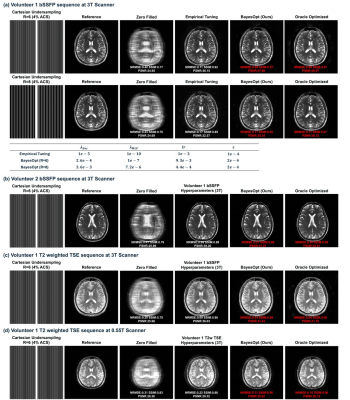 |
0389. Bilevel
Optimized Implicit Neural Representation for Scan-Specific
Accelerated MRI Reconstruction

H. Yu, J. Fessler, Y. Jiang
University of Michigan, Ann Arbor, United States
Impact: By automatically optimizing hyperparameters for
scan-specific deep learning, our method reconstructs
accelerated MRI scans across diverse protocols with superior
image quality. It avoids reliance on training data and
complicated task-dependent tuning, enhancing the clinical
applicability of deep learning in MRI.
|
| 09:51 |
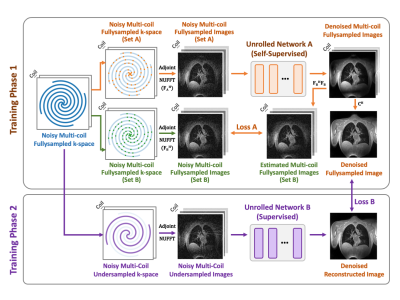 |
0390. Hybrid
Learning: A Novel Combination of Self-Supervised and Supervised
Learning for MRI Reconstruction without High Quality Training
Reference
H. Pei, Y. Wang, H. Chandarana, L. Feng
New York University Grossman School of MedicineNew York University Grossman School of Medicine, New York, United States
Impact: This study proposes a novel hybrid learning
strategy to address challenges when obtaining high-quality
reference data is difficult, which enables more accurate
reconstruction at higher acceleration rates, which is
beneficial in various applications where only low-quality
reference images are available .
|
| 10:03 |
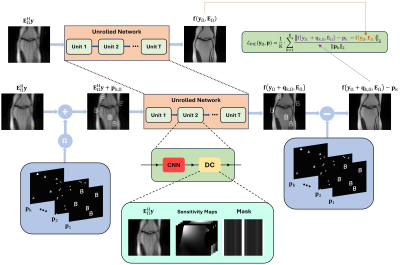 |
0391. Advancing
Self-Supervised Learning for Highly Accelerated MRI
Reconstruction Through Parallel Imaging Consistency

Y. U. Alcalar, C. Zhang, M. Akçakaya
University of Minnesota, Minneapolis, United States
Impact: This work proposes an improved training strategy
for self-supervised MRI reconstruction by applying
well-designed perturbations to input images. This ensures
alignment with parallel imaging techniques and reduces
aliasing artifacts, achieving visible improvements at high
acceleration rates.
|
The International Society for Magnetic Resonance in Medicine is accredited by the Accreditation Council for Continuing Medical Education to provide continuing medical education for physicians.